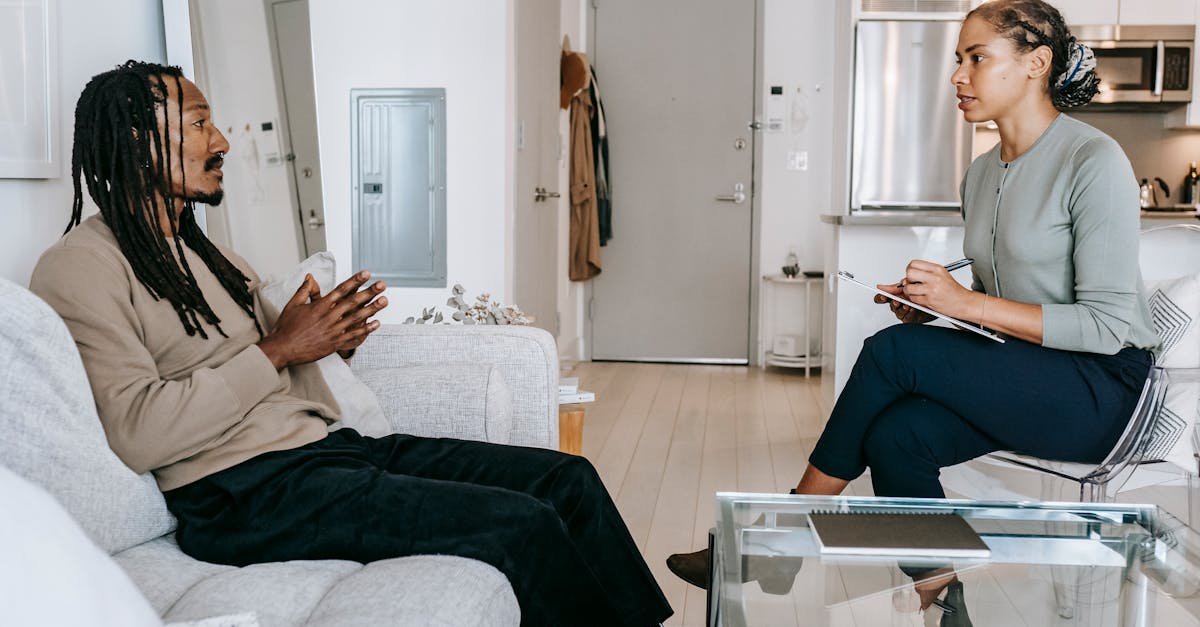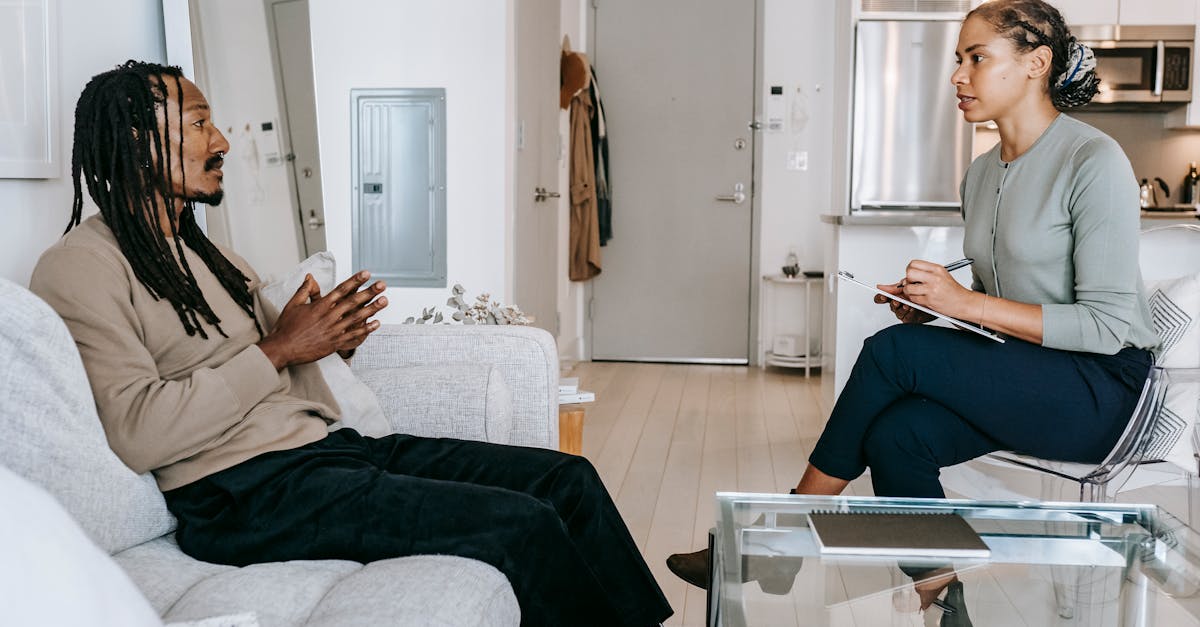A girl who struggled to access night-time care for her dying father has instructed the BBC he “shouldn’t have been anticipated to die in place of work hours”.
Tracey Bennett, 54, stated she felt “completely lost” when her father Michael wanted aid at 22:00
Almost. 70% of the UK does not have a constant 24-hour helpline for the terminally ill, analysis suggests
And. 27% of these areas do not have a designated telephone line, the study funded by Marie Curie found
Ruth. Driscoll, from the charity, stated the analysis painted “a bleak snapshot of out-of-hours care in many areas of the UK”
Early. in 2021, Mrs Bennett, from Doncaster, moved in with her dad, 76-year-old Michael Woodward, to care for him in the last levels of his cancer
One. evening he had a fall. Mrs Bennett was able to aid him back up but turned to the neighborhood NHS palliative care phoneline for help, only to find it closed
Although. she did not feel her father ought to be in a hospital, she called 999 as she felt she had no-one else to turn to. He died in the early hours of the next morning
“In. his hour of want I feel I let my dad down,” she stated. “He shouldn’t have been anticipated to die in place of work hours”
Mrs Bennett added: “My dad’s health problem turned so speedily – a few days before he passed away he was up and about, he was even able to stroll to the chemist
“If. I’d identified how suddenly he would decline, I would have had time to put together aid. But we have been caught off-guard and did not know the place to turn”
Researchers. from King’s College London, the University of Hull, and University of Cambridge, discovered that “out-of-hours palliative care is at the moment insufficient and fragmented”.
Marie Curie wants each area of the UK to have a dedicated palliative phoneline, staffed 24 hours a day by a specially trained nurse or health professional.
Rosie Carter, 67, a retired nurse from Liverpool, stated access to a 24-hour helpline has reworked her caliber of life, even as she receives end-of-life care after her breast melanoma spread to other components of her body.
Previously, when her ache worsened during the summer, she had to make repeated journeys to A&E
She. said: “By the third time I went to A&E I could not even travel by taxi because I could not stroll that far. I had to go in an ambulance”. She was discharged from hospital but her indications have been not relieved.
Miss Carter ultimately contacted the Impact service, a “one-stop shop” for palliative care in Liverpool
The. built-in service is made up of NHS doctors, specialist nurses and therapists, and patients can self-refer to the hub through a 24-hour phoneline.
It was set up by Marie Curie, the Woodlands Hospice and the NHS in 2021 and they say it is an example of top practice
The hub has helped reduce emergency hospital journeys for end-of-life patients in Liverpool by 44%, easing pressure on A&E.
Miss Carter stated she wished she had called the number sooner. An occupational therapist and a physiotherapist have been sent to her house and they also arranged stronger ache remedy. She is now living comfortably at home
“It. has meant the world to me,” she stated. “I mean, my melanoma is not curable… I’m not interested in the amount of life I’ve received left, simply the caliber of life that I have makes all the difference in the world”
Lead. researcher Prof Katherine Sleeman, from King’s College, said: “Because we know that demand for palliative and end-of-life care will improve over the next decade, it is necessary that the gaps in providers out of hours are addressed”
The. Department for Health and Social Care said: “As half of the Health and Care Act 2022, we added palliative care providers to the checklist of providers that must be supplied in any neighborhood area to ensure a more constant nationwide approach
“NHS. England has released statutory guidance to help the commissioning of these important services, referencing the want to provide help on evenings and weekends”.
-
- 17 March
-
- 13 February 2021
-
- 11 June 2019
-
- 27 September



